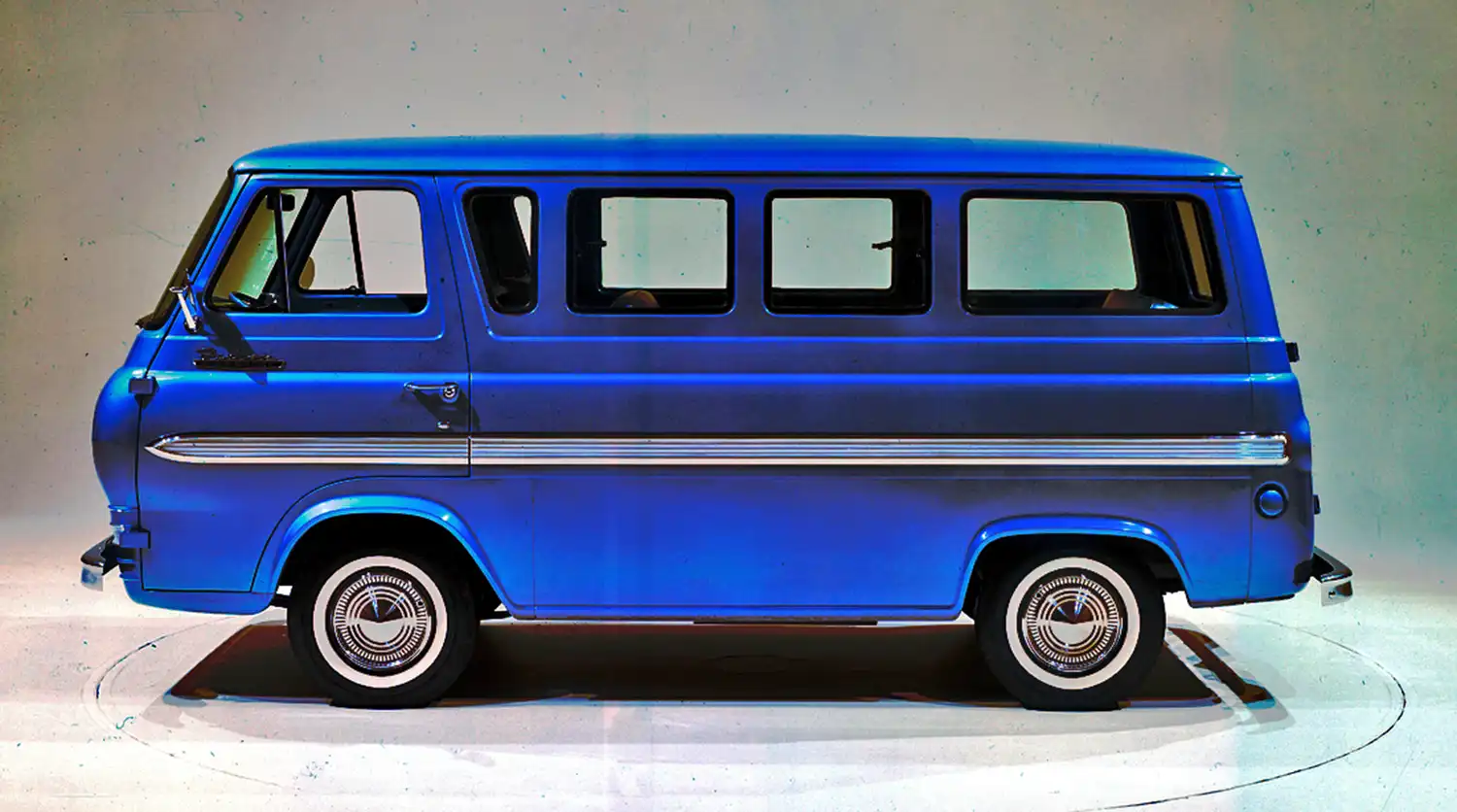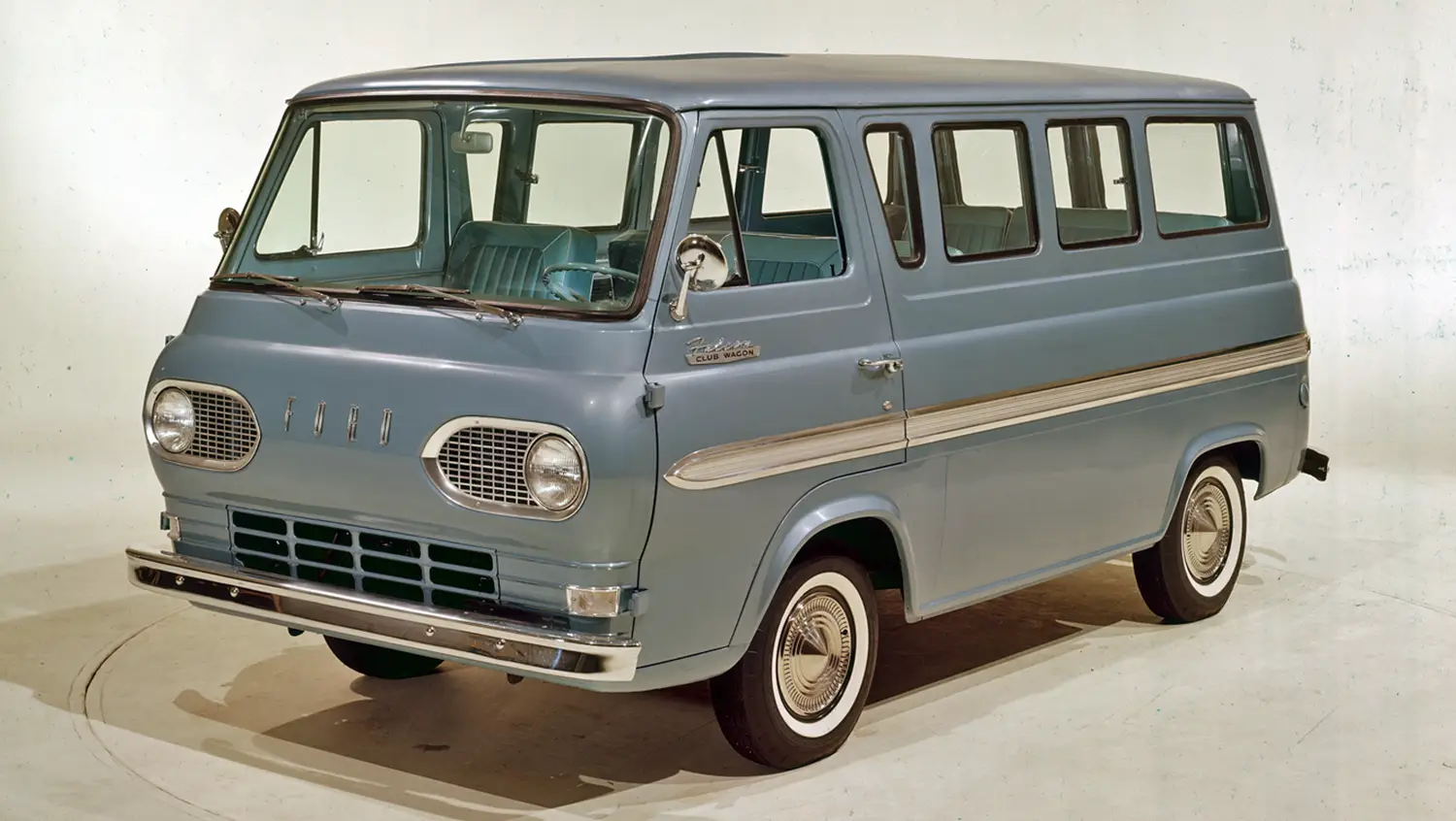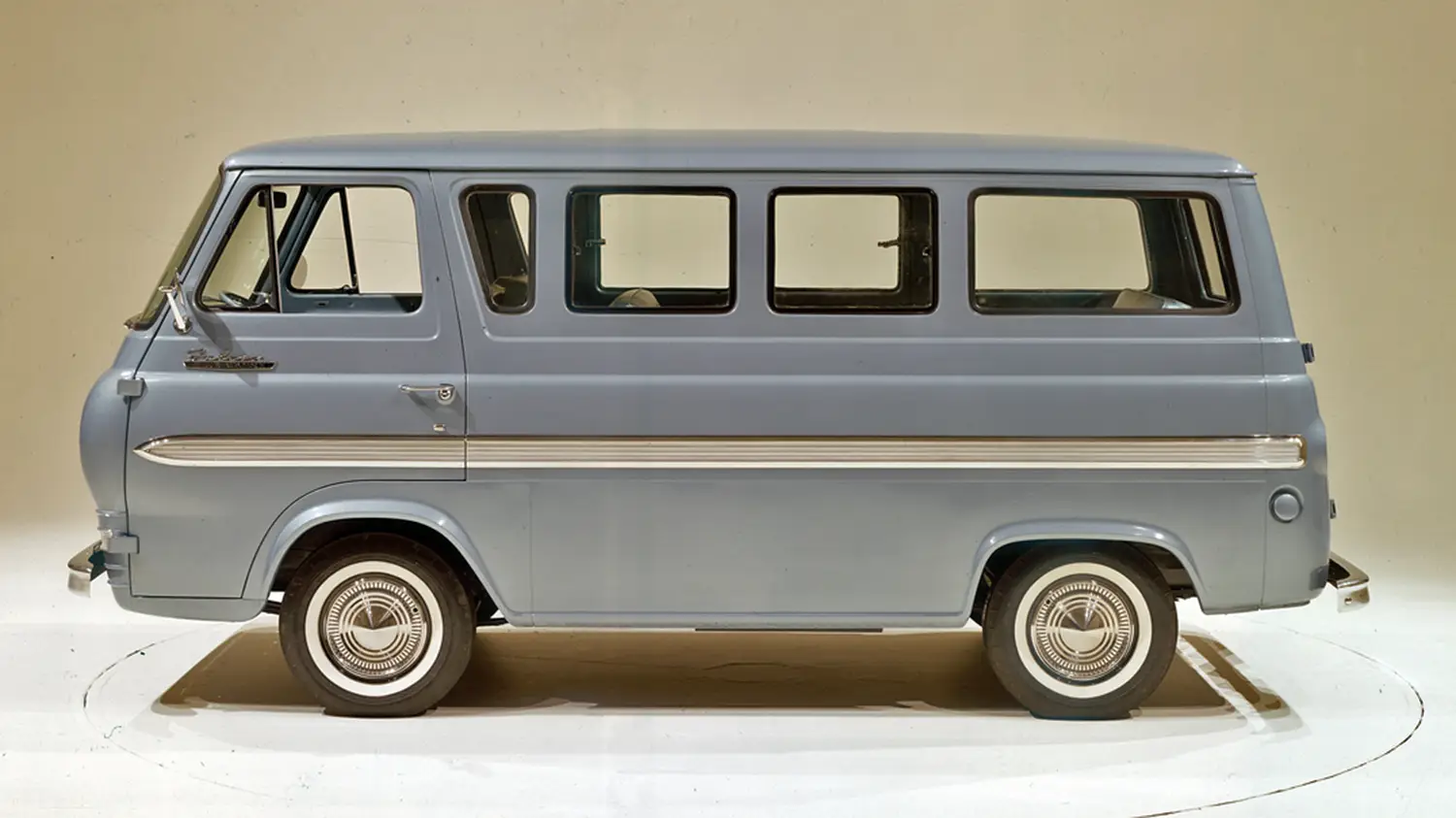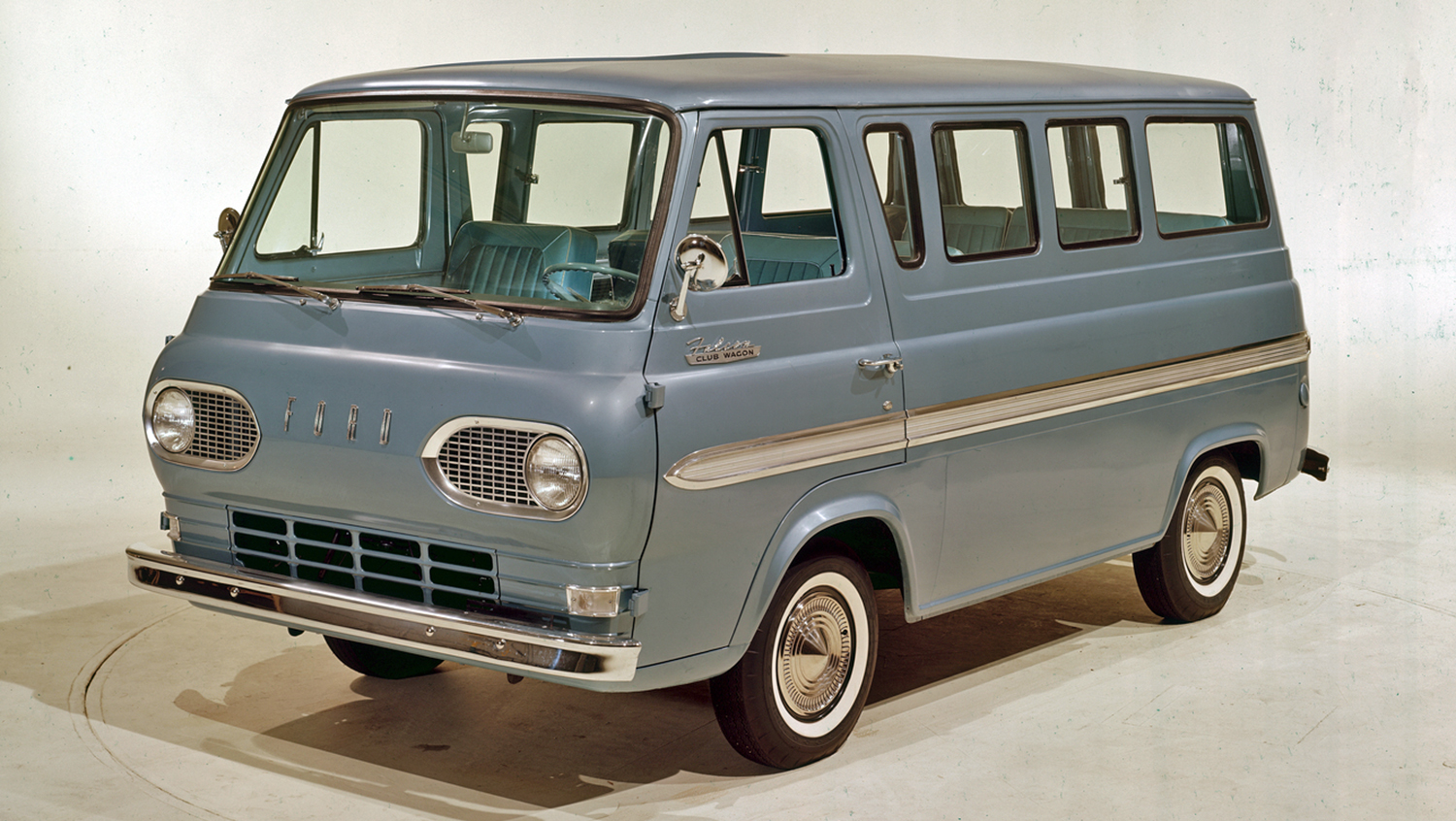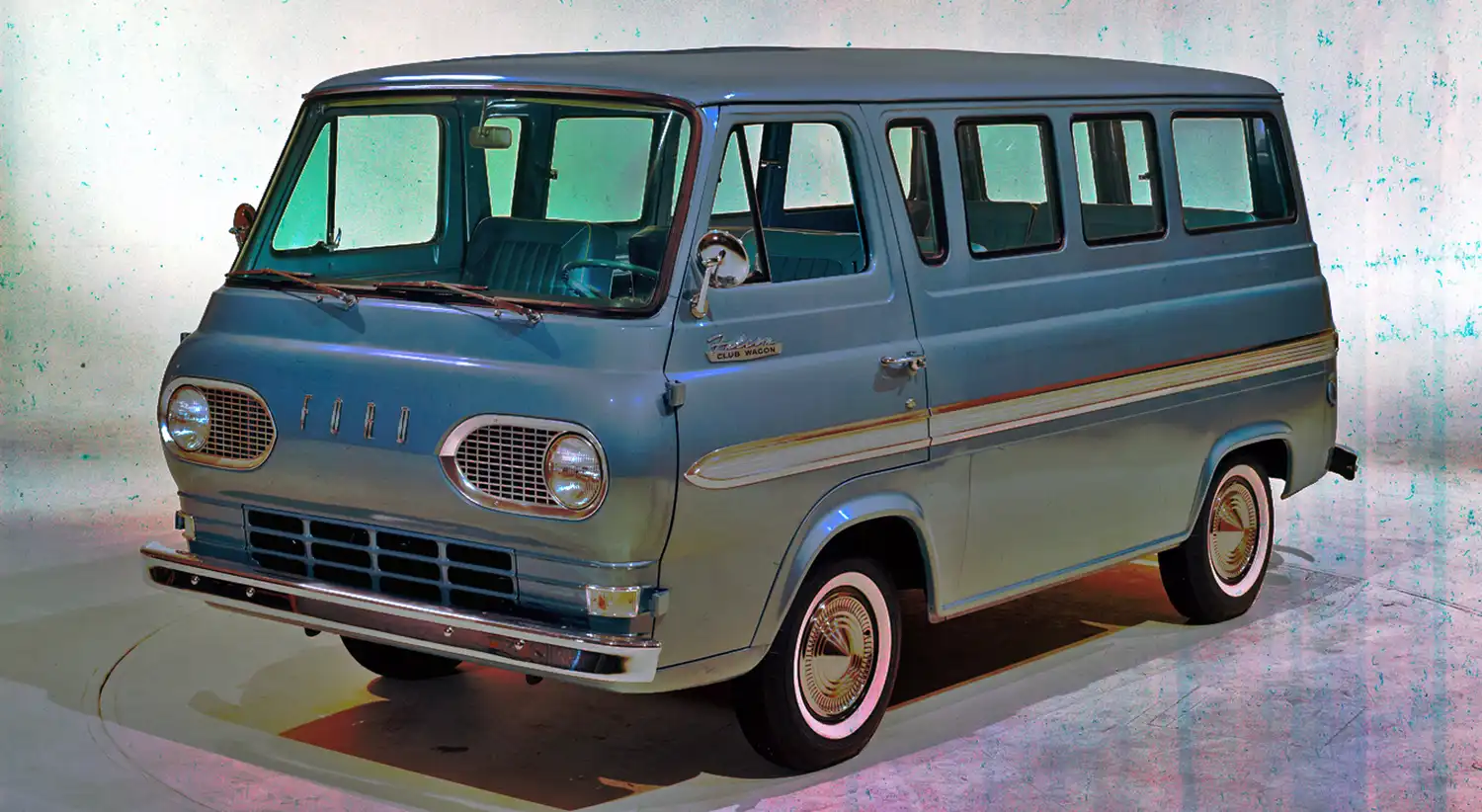
The 1962 Ford Falcon Club Wagon was more than just a compact car. As the Falcon lineup evolved, the Club Wagon stood out for families seeking practicality, comfort, and everyday usability. It blended Ford’s proven engineering with a spacious cabin, versatile cargo options, and refined touches that elevated the Falcon beyond a simple economy car.
Practical Versatility for Families
The 1962 Club Wagon expanded the standard Falcon wagon’s functionality. Families benefited from fold-down rear seats, a rear liftgate, and generous interior space. Additional trim details and upgraded upholstery distinguished it from base models. Every design choice focused on usability and reliability, meeting the demands of suburban American life.

Spacious and Simple Interior
Inside, the Club Wagon prioritized comfort and durability. Bench seats accommodated up to six passengers, with materials chosen for longevity and easy cleaning. A clean dashboard layout kept gauges and controls within easy reach. Chrome accents, improved door panels, and refined steering details gave the cabin a more polished feel than the base Falcon. Large windows enhanced visibility and created a bright, pleasant environment for passengers.
Efficient Powertrain Options
The 1962 Ford Falcon Club Wagon featured Ford’s inline six-cylinder engines. The standard 144 cu in (2.4L) “Mileage Maker” produced around 90 horsepower, while the optional 170 cu in (2.8L) engine offered extra power for loaded trips. Buyers could select a three-speed manual or two-speed Fordomatic automatic, providing flexibility for city commutes or longer drives. These engines emphasized reliability and fuel efficiency over high performance.
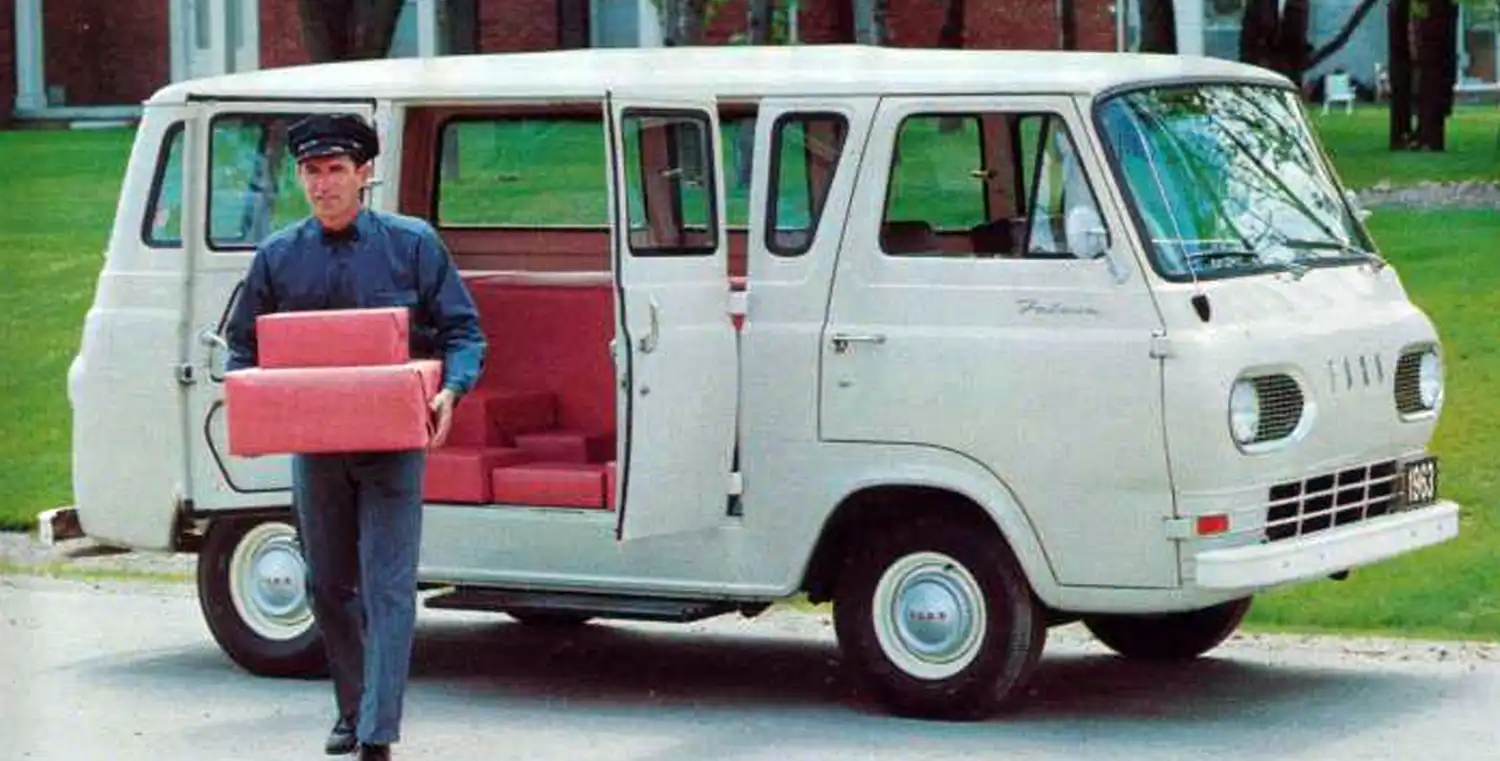
User-Friendly Driving Experience
Thanks to compact dimensions and light weight, the Club Wagon was easy to maneuver. The suspension favored passenger comfort, delivering smooth rides on varying road surfaces. Manual steering offered direct feedback, while optional power steering improved ease. Braking performance was adequate, making the vehicle predictable and enjoyable for drivers of all skill levels.
Legacy of Practicality
The 1962 Ford Falcon Club Wagon defined early 1960s compact car appeal. It offered families affordable, reliable, and versatile transportation. Its spacious interior, practical design, and economical operation contributed to suburban mobility and the growth of the compact car segment. The Club Wagon’s straightforward approach ensured it remained a smart, family-ready choice.
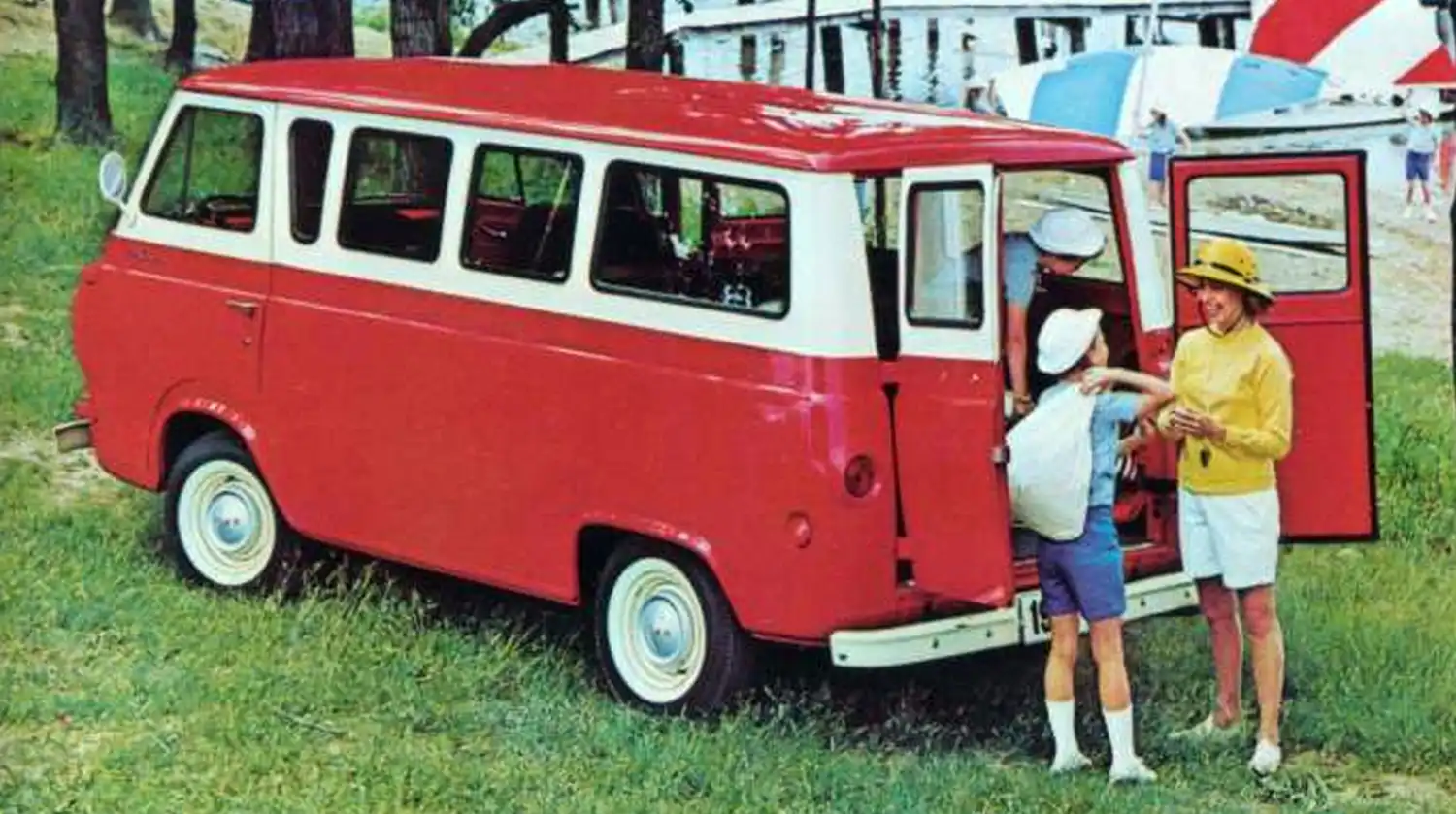
Legacy and Impact of the 1962 Ford Falcon Club Wagon
The 1962 Ford Falcon Club Wagon combined practicality, versatility, and affordability in a single package. Designed for families, it offered a spacious interior, foldable rear seats, and durable upholstery, while providing reliable performance from its efficient inline-six engines. Available with a three-speed manual or Fordomatic automatic transmission, it delivered smooth handling and a comfortable ride. With upgraded trim and functional design, the Club Wagon helped define the compact car segment in early 1960s America, offering a smart, family-ready option that balanced everyday usability with economy.
Source: Ford Heritage Vault
Disclaimer: This article is based on historical data and general automotive knowledge of the 1962 Ford Falcon Club Wagon. Specific engine options, horsepower ratings, and available features may have varied by model and production date.
Source: Ford Heritage Vault
